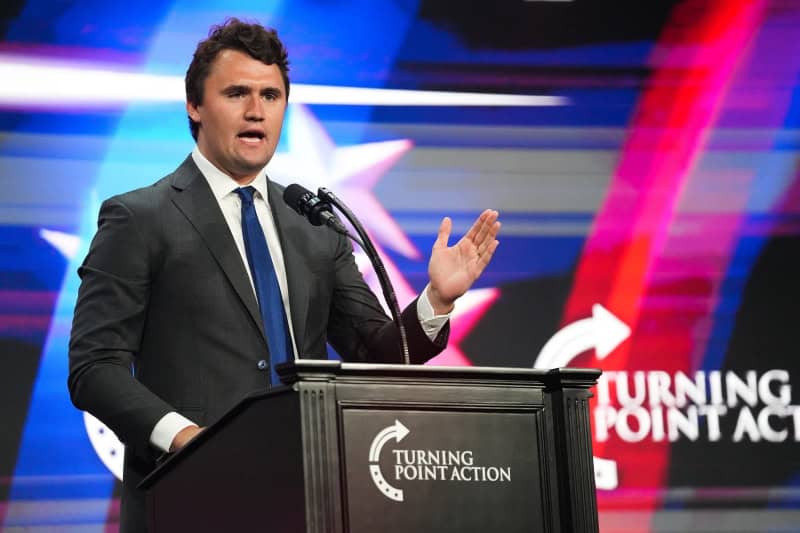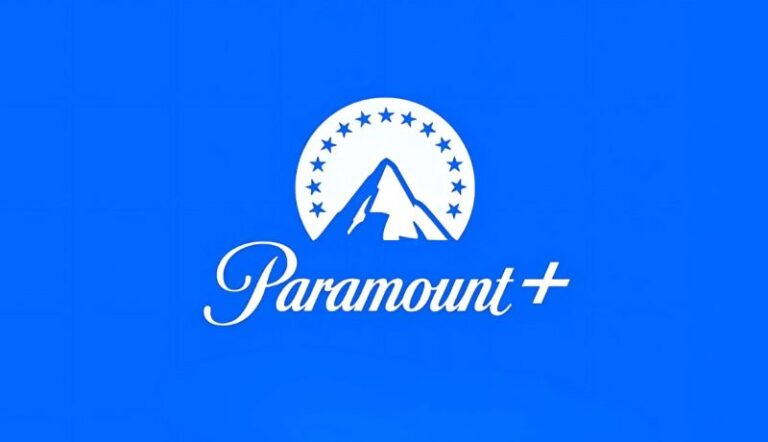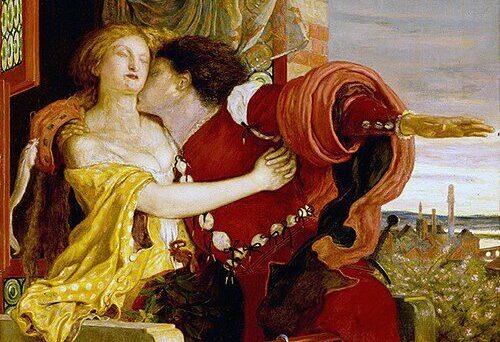Blistering Backlash: MSNBC Boots Matthew Dowd for Remarks on Charlie Kirk Shooting
MSNBC has also terminated political analyst Matthew Dowd, who made controversial comments on air regarding the fatal shooting of conservative activist Charlie Kirk. After a series of criticisms, the network termed his remarks as inappropriate, insensitive, and unacceptable. Dowd apologized later and claimed he did not mean to incriminate Kirk, but MSNBC soon jettisoned him. The event underscores still-existing tensions regarding political speech, media accountability, and the limits of live commentary when covering breaking news.
Blistering Backlash: MSNBC Fires Matthew Dowd over Charlie Kirk Shooting Remarks
MSNBC broke its association with political analyst Matthew Dowd when he made some controversial comments in a live broadcast of the shooting of Charlie Kirk. Kirk, a conservative activist and founder of Turning Point USA, was shot dead during a speech at Utah Valley University. In the segment, Dowd connected hate speech to violent consequences, indicating that words can change behavior. The remarks were criticized by people as insensitive and untimely. Dowd would be fired by MSNBC President Rebecca Kutler hours later.
The Facts: What Dowd Really Said
During the reported tragic event, Dowd referred to Kirk as one of the most polarizing younger figures, who were continuously pushing hate speech targeted at particular groups of people. Hateful words, he said, produce hateful actions; and the reverse is also true. Another speculation made by Dowd was whether the shooters could be related to celebratory gunfire, which also added to the furor. The comments were construed by many viewers to seem an indirect accusation of his own death in that of Kirk, thus spawning a storm of criticism online and off.
The Remarks Caused Outrage. Why?
The opposition was based on the idea that Dowd, by her remarks, shifted the blame from the shooter. According to critics, at least in the immediate aftermath of a tragedy, such speculation is not only insensitive but also highly disrespectful to the victim and his family. The proponents of Kirk stressed the fact that there could be an amount of divisive rhetoric that could justify violence. The controversy showed the stakes, which are now so high, when it comes to discussing political leaders, particularly during times of national shock and sorrow.
Response and Aftermath Network
Once Dowd started trending on social media, MSNBC was quick to respond. President Rebecca Kutler issued a statement where she referred to the commentary as inappropriate, insensitive, and unacceptable. Several hours later, the network stated that Dowd is no longer with MSNBC. Posting an apology later, Dowd explained that he did not intend to point the finger at Kir and expressed his apologies to the family. This damage control effort notwithstanding, the network stood by its move to dismiss him.
The Shooting of Charlie Kirk: Fact Sheet
Charlie Kirk was giving a speech at Utah Valley University as a part of his fall campus tour when he was shot in the neck during a question-and-answer session. He was taken to a nearby hospital, where he died. The police affirmed that the shooting had two persons who were briefly arrested but were released later. The suspect and motive remain a mystery, with investigators still at it seeking answers to a lot of questions. Both pro-Kirk and anti-Kirk people were appalled by the incident.
Bigger Implications on Media Discourse
The firing by Dowd sparked the discussion again on how media personalities must handle the commentary when they are faced with a crisis. Others believed that what he was saying was an embarrassing reality of how divisive rhetoric is connected to political violence. Some demanded that it was irresponsible to suggest causation in the process of reporting breaking news. The scandal brings out the conflict between freedom of speech and journalism ethics. It also highlights the dangers news outlets experience when live commentary is mingled with personal opinion in the case of sensitive events.
Conclusion
The use of Matthew Dowd as an example of MSNBC sheds light on the fact that the line between commentary and commentary is very thin in the current polarized atmosphere. Several sentences uttered on the line coverage led to a career-changing blow. Although Dowd was remorseful and explained his purpose, the ruling was an attempt on MSNBC to save face and reputation. With the ongoing investigation of the murder of Charlie Kirk, this episode poses the long-term questions about the responsibility of the media, the response of the people, and the boundaries of on-air analysis during the national tragedy.







